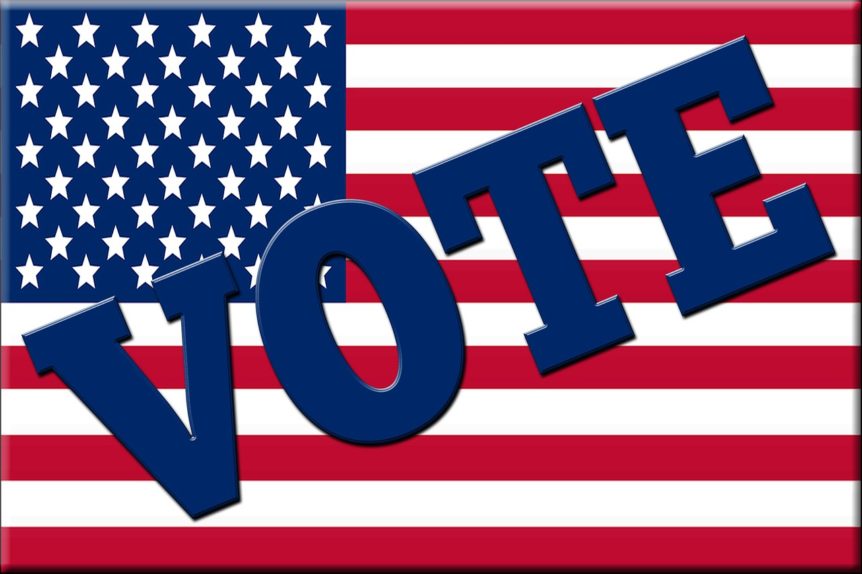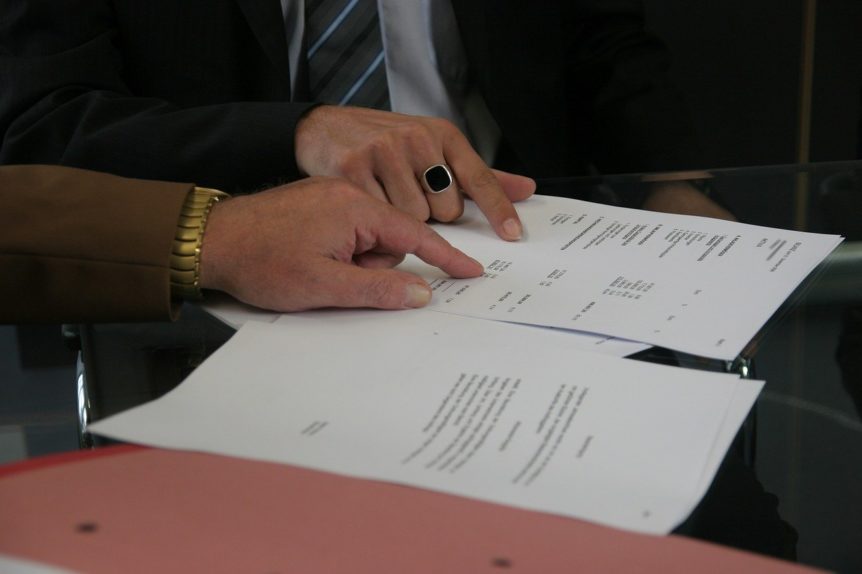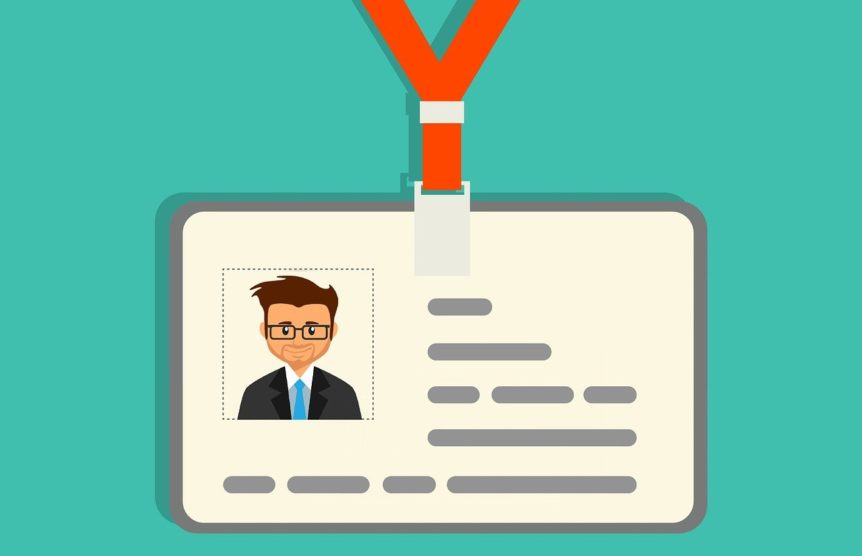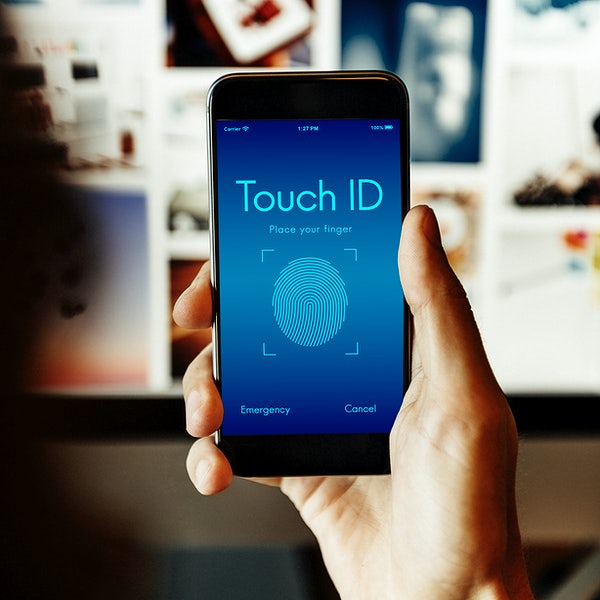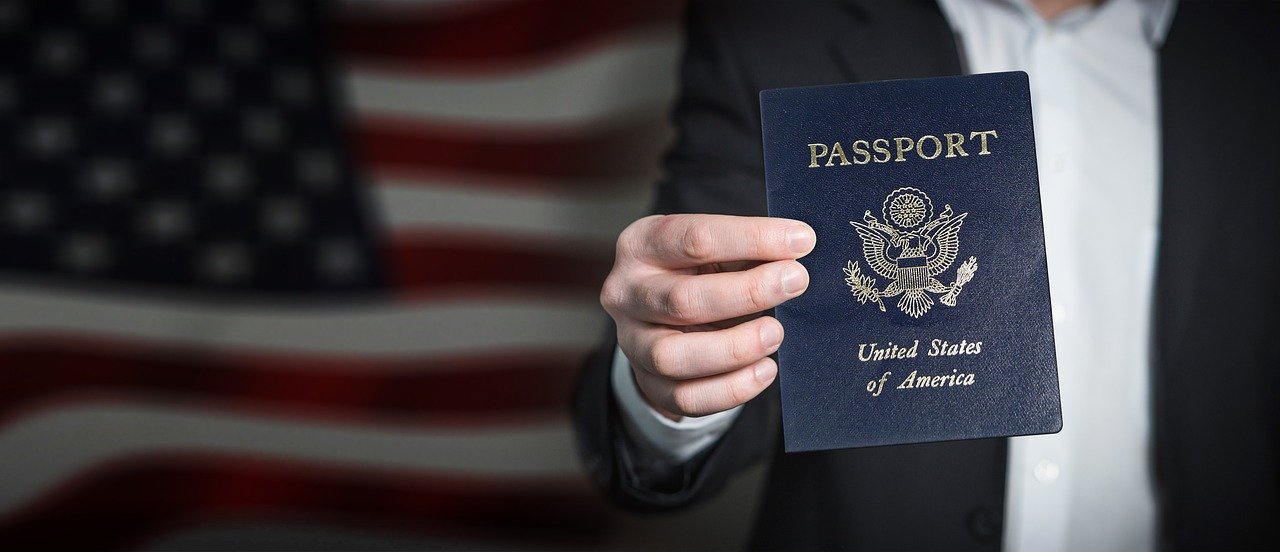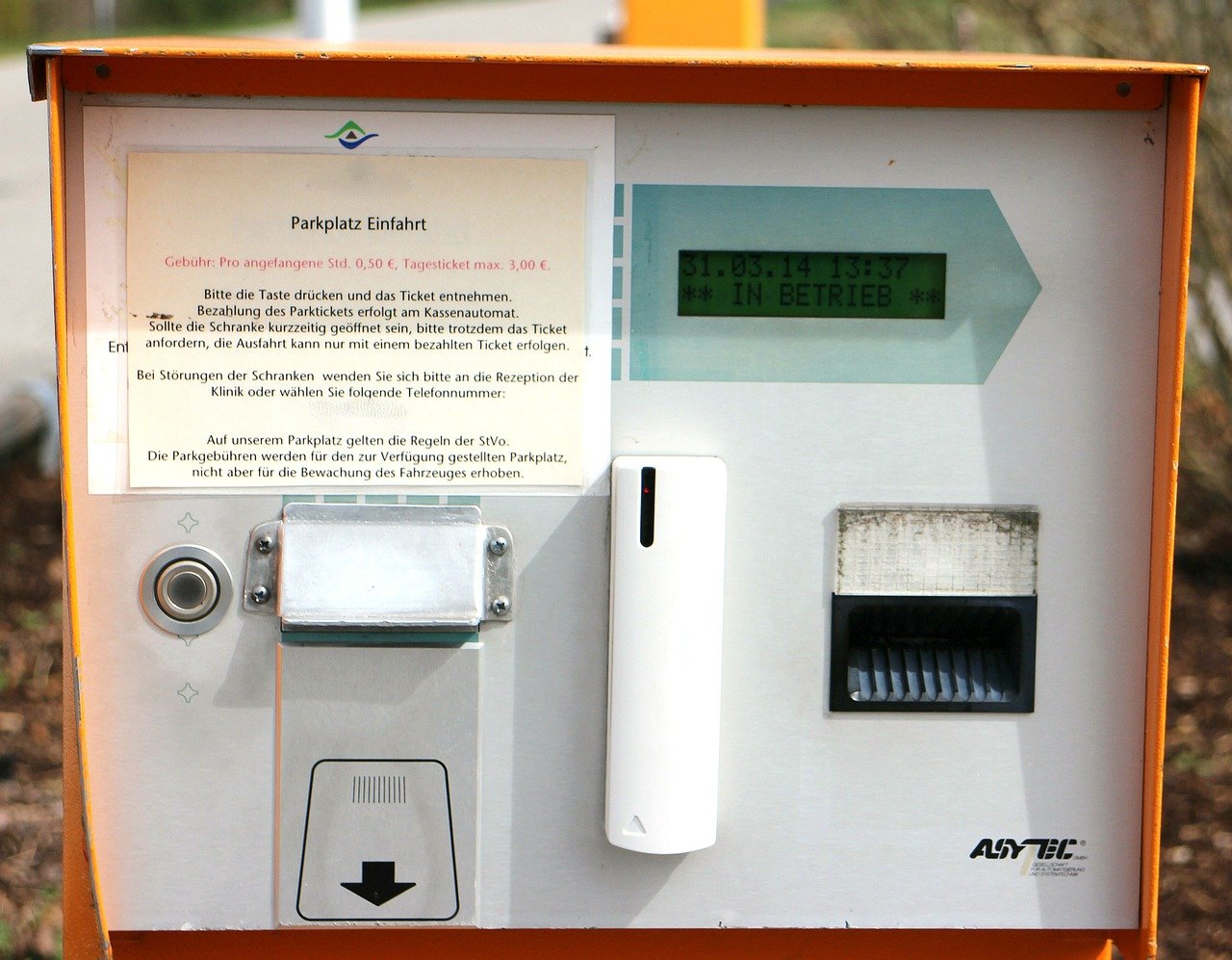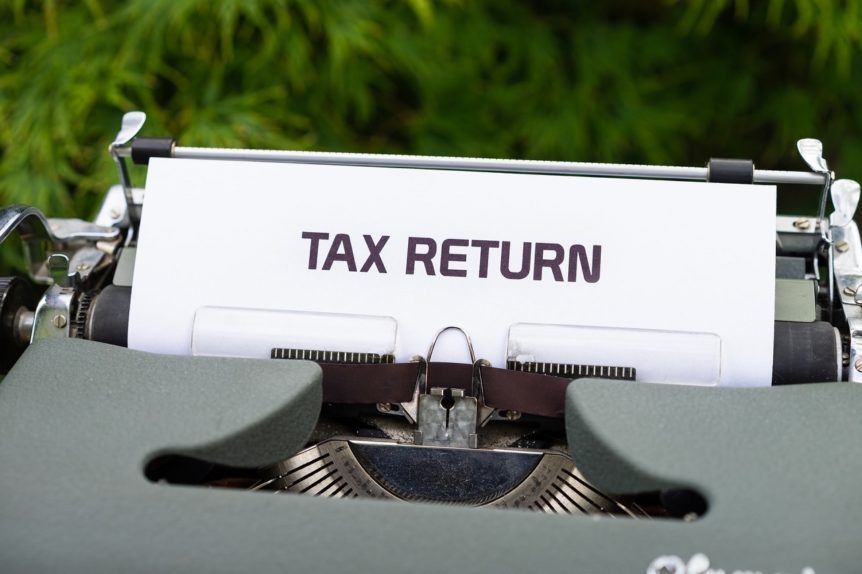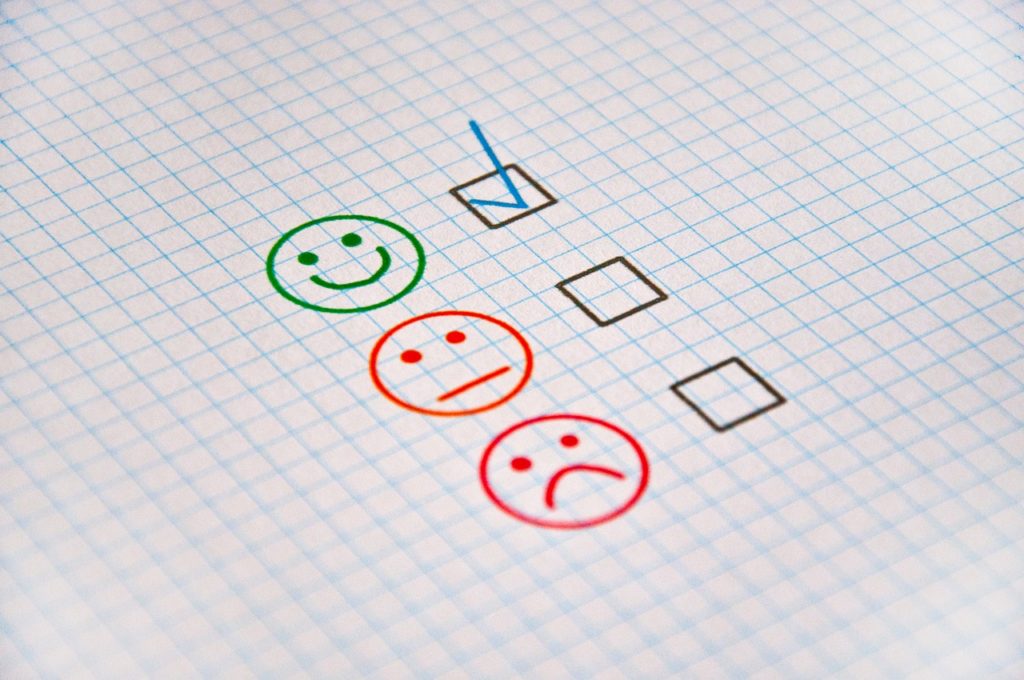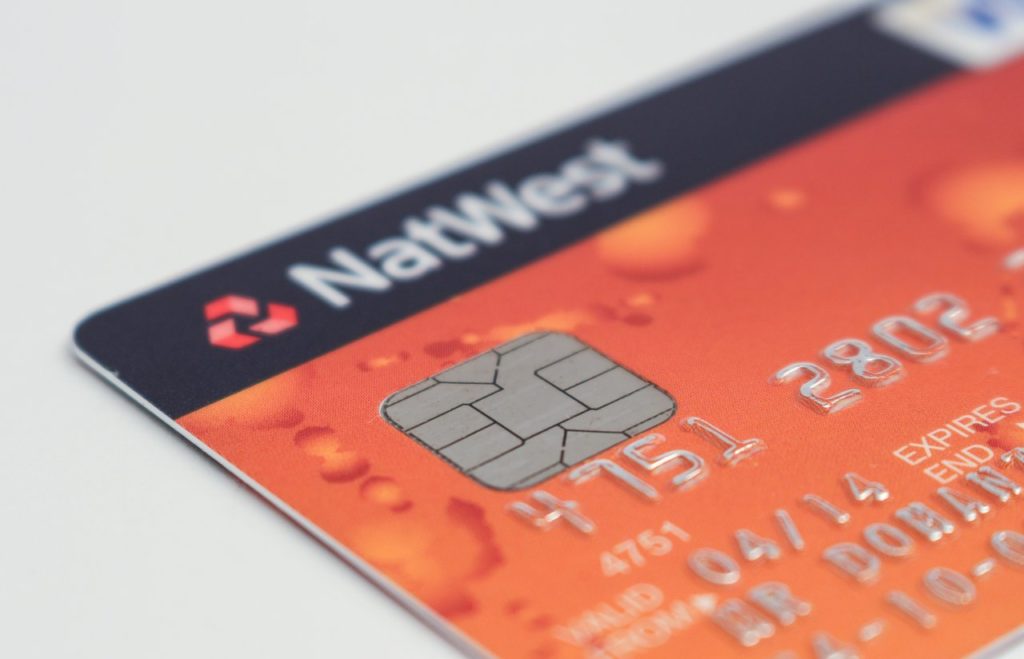The US Constitution is quite clear on what happens when a sitting president or vice-president dies or becomes incapacitated during their term in office. What is not so clear is what happens if a presidential candidate dies before the general election or shortly after winning the election but before taking office.
Although this has never happened in American history, there was one instance where a vice-presidential candidate died shortly after his nomination and another who dropped off their party’s ticket.
Nonetheless, the procedures for finding replacements for nominated candidates are guided largely by the party’s regulations, as well as state and federal laws. With that being said, here’s everything you need to know.
Electoral College vs Popular Vote
The first thing you need to understand is how the election process works. The popular vote in a general election is what elects the Electoral College, which in turn elects the president and vice-president of the United States.

When you cast your ballot in a presidential election, you’re not voting for who you want to be president. You’re essentially voting for a group of people known as “electors” who then vote for the president and vice-president.
Now, you might be thinking, “What’s the point of voting if these individuals get to decide who they want to become president and vice-president?” Well, that’s not exactly how it works.
The Electoral College Selection Process
To better understand this, let’s go back to the beginning – at the point where electors for a particular state are chosen. Article II, §1 Clause 2 of the US Constitution grants each state legislature the power to determine how the state’s electors will be chosen.
However, any individual who holds a federal office – elected or otherwise – is disqualified from being selected. The total number of electors chosen in a particular state is equivalent to the total number of Senators and Representatives it has in Congress.
Maryland, for instance, has 2 Senators and 8 Members of the House of Representatives. So, it gets a total of 10 electors.
The Electoral College has a total of 538 electors, each of whom casts their vote to elect the president and vice-president in the general election. The candidate who gets 270 votes (i.e., 50% of the votes + 1 vote) wins.
So, when you vote, you’re essentially telling the electors who they should vote for. Although the US Constitution doesn’t compel the electors to follow their state’s popular vote, most states have legislation that requires them to.
In a Supreme Court ruling dated July 2020, the court upheld that electors in states with such laws in place are legally bound to follow their state’s popular vote.
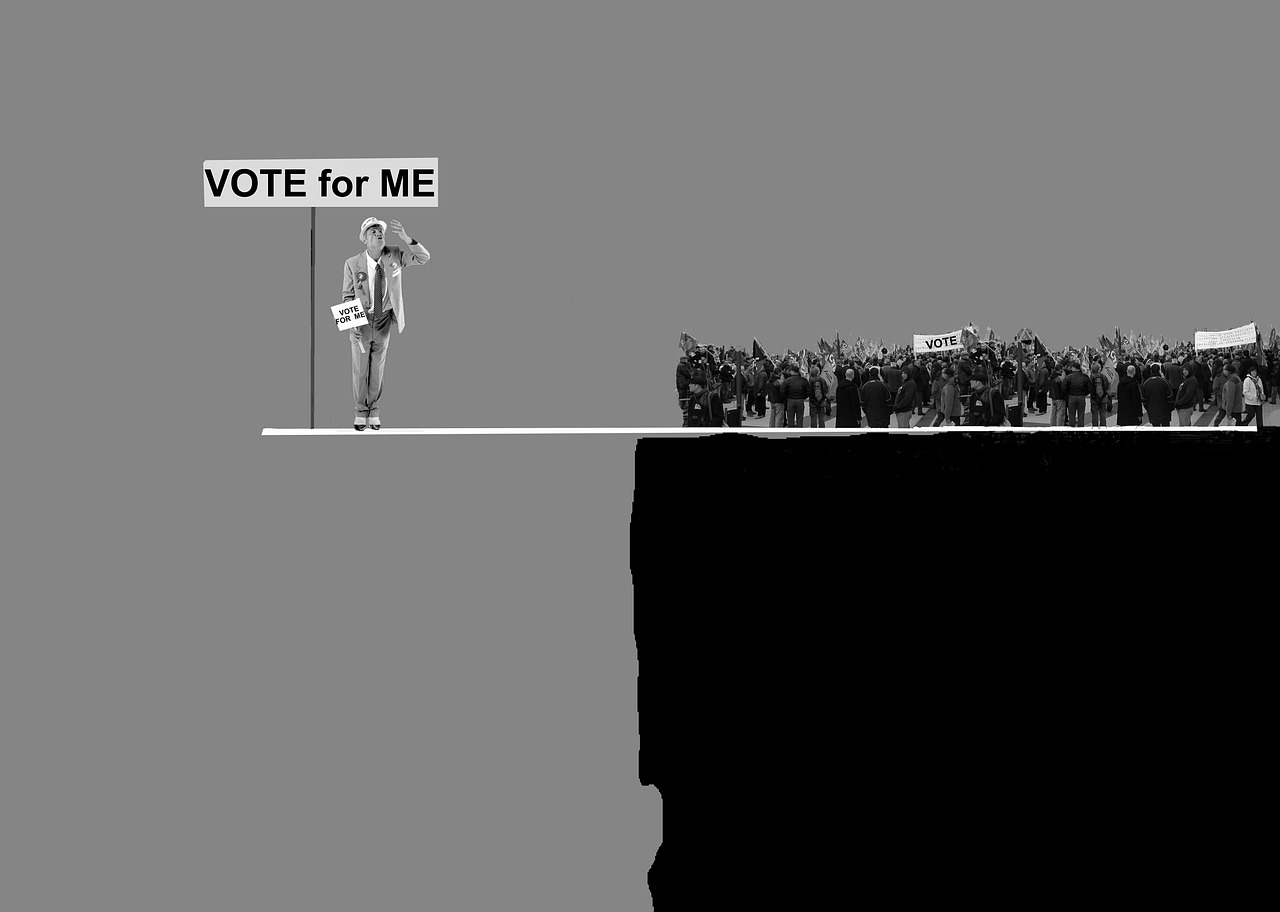
Winner Takes All
Once everyone in the state votes, the Electoral College counts the number of ballots each presidential candidate got. The one with the most votes, i.e., the popular vote, wins all the state’s electoral votes.
Only two states in the country don’t use this “all-or-nothing” rule – that’s Maine and Nebraska. Instead, they split their electoral votes through “proportional representation” based on each candidate’s ballots.
So, in the example of Maryland that has 10 electors in the Electoral College, if 500,000 voters cast their ballot, and the Republican Party candidate got 300,000 of the votes, then all 10 electors in the Electoral College would have to vote for the Republican presidential and vice-presidential candidate – hence the “all-or-nothing” rule.
If Nebraska – a state with five electoral votes – had 500,000 voters cast their ballots, and the Republican candidate got 300,000 votes, whereas the Democratic Party candidate got the remaining 200,000 in their entirety, then the Electoral College votes for the state – based on the principle of “proportional representation” – would be three votes for the Republican Party and 2 for the Democratic Party.
What Happens If the Electoral College Ties?
As mentioned before, the magic number each candidate wants is at least 270 out of the total 538 Electoral College votes. That’s 50% + 1 vote.
If there’s a tie, where each candidate gets 269 votes, then the election goes to the House of Representatives. Each state delegation there has one vote, and the candidate would need a majority of 26 states to win.
20th Amendment to the Constitution
The 20th Amendment to the Constitution of the United States was made to remove the excessively long duration that a defeated president or member of Congress had to stay in office after losing their re-election bid.
Previously, they would have to stay in office up to March 4, but this was amended to January 20 for the president and vice-president, and January 3 for members of Congress.
That being said, what happens if the president-elect dies before they’re inaugurated on January 20? It’s simple – the vice-president-elect would be sworn in as president.
On the other hand, if a presidential candidate dies before the general election, they can’t just put someone else’s name on the ballot. The reality is – most state laws do not stipulate what should happen in such an event.
In Michigan, for instance, electors have to vote for the winning candidates based on the individuals who appeared on the ballot – deceased or not. In Indiana, on the other hand, the law requires that electors switch their votes to the party’s replacement if the candidate dies.
In a footnote in the July 2020 Ruling, the Supreme Court “suggests” that should a presidential candidate die between Election Day and the Electoral College vote, states that do not have pledge laws in place that give electors voting discretion would “release electors from their pledge.”
It further states that since such a situation has not arisen, this suggestion shouldn’t bind electors to vote for a deceased candidate.
Timing Is Everything
Even with that footnote in the 2020 Supreme Court ruling, the true repercussions of the death of a presidential candidate ultimately depends on what stage of the election process it occurs.
In reality, the political parties would likely tell the electors who they should vote for instead, which in this case would most certainly be the vice-presidential candidate.
